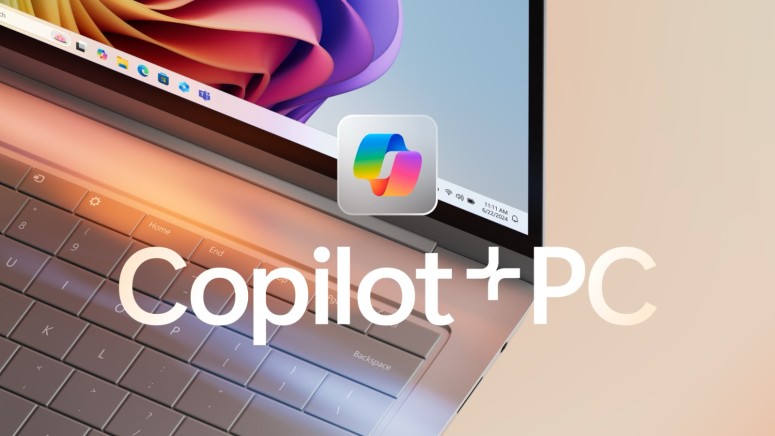
Big-Name VPNs Are Developing ARM-Based Applications for Windows
- Most VPN providers don’t yet support Microsoft ARM devices natively.
- NordVPN, ExpressVPN, and PIA should release ARM-based alpha apps soon.
- Surfshark and Windscribe already support Copilot+ PCs natively.
Powered by Qualcomm’s Snapdragon X Elite processors, Microsoft’s AI Copilot+ PCs promise a new level of performance and efficiency. Following in the footsteps of Apple’s ARM-based computers introduced in 2020, Microsoft ARM-based devices are now slowly finding their way to users and software developers.
The only issue is that to fully take advantage of the new devices' performance and efficiency, you need to use native ARM software. Windows comes with a layer that emulates and translates non-native software into something that runs on ARM, and it does that quite successfully. However, most of the top-rated VPNs are not yet fully supported.
According to TechRadar, that situation is poised to change soon. Most big-name VPN brands are rebuilding their software to offer complete and native ARM support. As Peter Membrey, Chief Engineering Officer at ExpressVPN, said to the publication, emulation doesn’t fare well when software is specialist. The only way for software to run smoothly is to avoid the emulation layer altogether, which ExpressVPN plans to do.
VPNs such as NordVPN, Private Internet Access, and Proton VPN all actively work on ARM-based software. We should see alpha versions of their next-gen software in the coming weeks, meaning the final public version could arrive in a couple of months.
That said, the good news is that some reputable VPNs, like Surfshark and Windscribe, have already joined the bandwagon and offer full support for Copilot+ PCs. Remember that if you use a non-native version of those VPN applications, you can’t upgrade to ARM-based versions in most cases. You must remove the old version and install the ARM-based version from scratch.
Another option to avoid using non-native VPN software on Windows ARM computers is to set up a VPN on a router, which will cover your entire household at once. In that case, you’ll need a router that supports VPNs.













